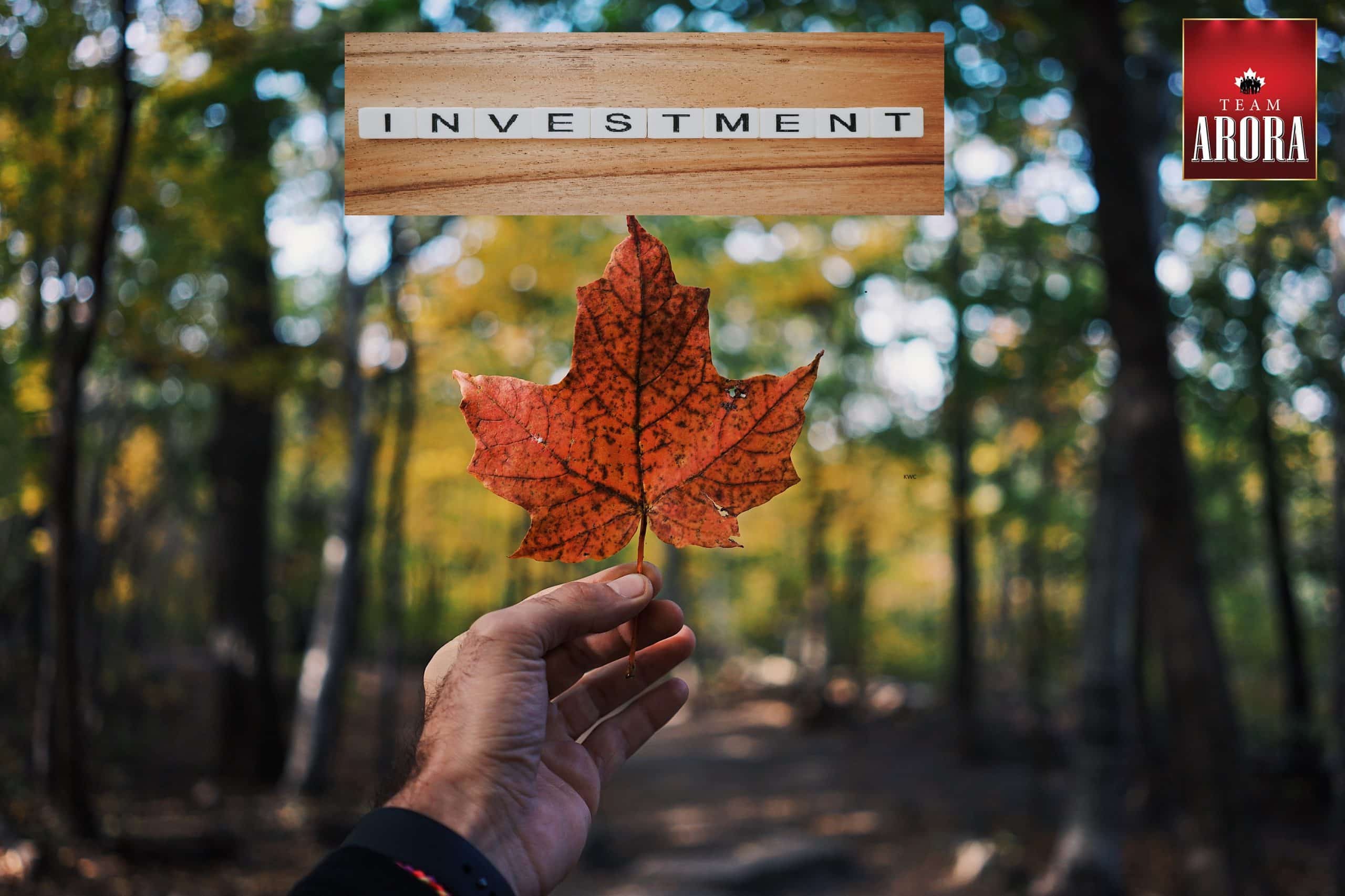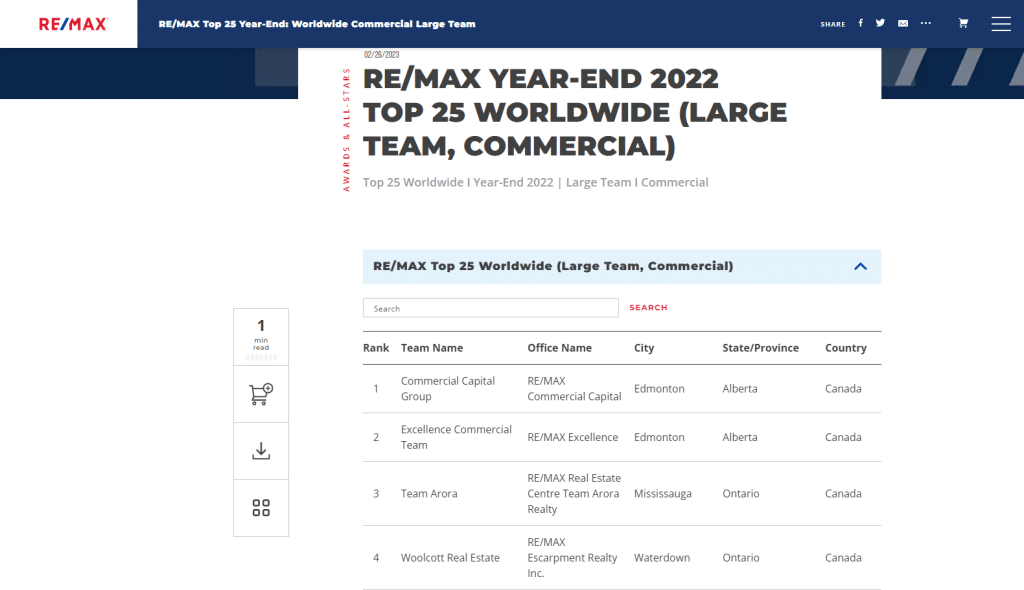GTA is one of the most sought-after cities for real estate investment. Kitchener, Waterloo, and Cambridge are the top three cities in the GTA that provide an excellent opportunity for investors.
Kitchener With Potential Investors
Kitchener has been making headlines lately with its United Taxi initiative that offers to drive dialysis patients to Grand River Hospital free of charge when they can’t get there any other way. This demonstrates how this city takes care of its citizens and could be an attractive option for potential investors.
Meanwhile, Waterloo small businesses have adapted their payment system technology to keep up with modern trends, making it a great choice for entrepreneurs looking to start their businesses or existing companies wanting to expand.
Cambridge Best Investment Along With Neighbour
Cambridge takes it a step further by expanding its program that provides $500 a month to low-income families. This helps support the local economy and gives an additional incentive for investors who are looking for potential returns while helping the community at the same time.
Overall, Kitchener, Waterloo, and Cambridge have a lot of potentials when it comes to real estate investments. With their various initiatives and news updates, these cities are growing each day and offer great opportunities for anyone looking to invest in the GTA. Investing in any of these three cities could be a wise decision for any prospective investor. to expand.
Cambridge stands out because of its program that provides low-income families with $500 a month. This shows the city’s dedication to helping those in need and could be an attractive option for investors who are looking to make a positive impact on the community while making money.
With these great initiatives and the cities’ continued growth, Kitchener, Waterloo, and Cambridge remain excellent choices for real estate investment in the GTA. Investing in any one of these regions could be highly lucrative, so be sure to look into them as soon as possible!
Right Now Investment
Investing in any one of these regions could be highly lucrative, so be sure to look into them as soon as possible! These cities are continuously growing and offer great potential for real estate investors. With their various initiatives and news updates, Kitchener, Waterloo, and Cambridge remain excellent choices for anyone looking to invest in the GTA. Don’t miss out on this amazing opportunity – invest now and reap the benefits of your wise decision!
Eager to start investing in the GTA? Kitchener, Waterloo, and Cambridge are three of the best cities in the GTA that offer excellent opportunities for real estate investors. With their various initiatives and news updates showing consistent growth, these cities remain some of the top choices when it comes to real estate investments. Kitchener’s United Taxi initiative is just one example of how this city takes care of its citizens and could be an attractive option for potential investors. Meanwhile, small businesses in Waterloo have adapted their payment system technology to keep up with modern trends, making it a great choice for entrepreneurs. Cambridge’s initiative to provide $500 a month to low-income families not only helps the city’s economy but could also be an additional incentive for investors. Investing in any of these three cities could be highly lucrative – don’t miss out on this amazing opportunity! Start investing now and reap the benefits of your wise decision!
Thanks for reading! We hope you found this information helpful and make sure to stay tuned for more real estate investment tips. Good luck!












